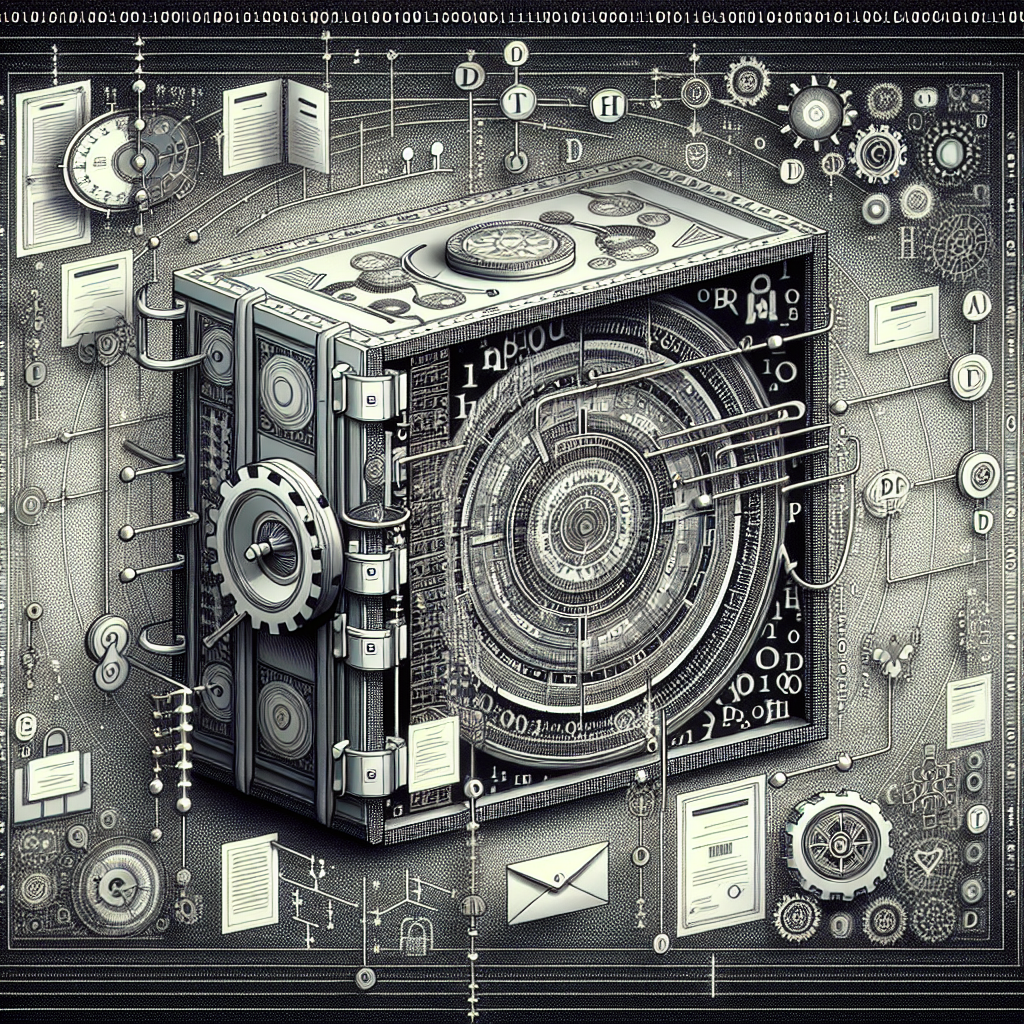As technology advances, the use of artificial intelligence (AI) has become more prevalent in our daily lives. With the increasing amount of personal data being collected and processed by AI systems, the need to safeguard this data has become more important than ever. In this article, we will explore the challenges of safeguarding personal data in the era of AI and provide tips on how individuals and organizations can protect themselves.
Challenges of Safeguarding Personal Data in the Era of AI
1. Data Privacy Concerns: AI systems rely on vast amounts of personal data to function effectively. This data can include sensitive information such as health records, financial details, and even biometric data. As such, there is a risk that this data could be misused, leaked, or stolen, leading to serious privacy breaches.
2. Lack of Transparency: One of the biggest challenges with AI systems is the lack of transparency in how they operate. Many AI algorithms are complex and difficult to understand, making it hard for individuals to know how their data is being used and for what purposes.
3. Security Vulnerabilities: AI systems are not immune to security vulnerabilities. Hackers can exploit these vulnerabilities to gain access to personal data, leading to data breaches and identity theft.
4. Bias and Discrimination: AI algorithms can be biased, leading to discriminatory outcomes. This can have serious consequences for individuals, especially in areas such as hiring, credit scoring, and law enforcement.
Tips for Safeguarding Personal Data in the Era of AI
1. Be Mindful of What Data You Share: The first step in safeguarding your personal data is to be mindful of what information you share online. Avoid sharing sensitive information such as your social security number, financial details, and passwords on insecure websites.
2. Use Strong Passwords: Make sure to use strong, unique passwords for all your online accounts. Consider using a password manager to generate and store complex passwords securely.
3. Enable Two-Factor Authentication: Two-factor authentication adds an extra layer of security to your accounts by requiring a second form of verification, such as a code sent to your phone, in addition to your password.
4. Keep Your Software Updated: Make sure to keep your devices and software up to date with the latest security patches. This can help protect against known vulnerabilities that hackers could exploit.
5. Read Privacy Policies: Before sharing your personal data with an AI system or any online service, make sure to read their privacy policy. Look for information on how your data will be used, stored, and shared, and whether you have the option to opt out.
6. Limit Data Collection: Be cautious about the amount of personal data you share with AI systems. Limit the amount of information you provide to only what is necessary for the service to function.
7. Report Suspicious Activity: If you notice any suspicious activity or unauthorized access to your personal data, report it immediately to the relevant authorities or organizations.
FAQs
Q: How can organizations safeguard personal data when using AI systems?
A: Organizations can safeguard personal data by implementing strong security measures, such as encryption, access controls, and regular security audits. They should also ensure that employees are trained on data protection best practices and comply with relevant data protection regulations.
Q: What are the risks of not safeguarding personal data in the era of AI?
A: The risks of not safeguarding personal data in the era of AI include privacy breaches, identity theft, financial fraud, and reputational damage. Organizations that fail to protect personal data could also face legal consequences and fines for non-compliance with data protection regulations.
Q: How can individuals protect their personal data from AI systems?
A: Individuals can protect their personal data from AI systems by being cautious about what information they share online, using strong passwords, enabling two-factor authentication, keeping their software updated, and reading privacy policies before sharing their data. They should also report any suspicious activity or unauthorized access to their data.
In conclusion, safeguarding personal data in the era of AI is essential to protect individuals’ privacy and security. By following the tips outlined in this article and being mindful of the risks involved, individuals and organizations can better protect themselves from data breaches and privacy violations. It is important for everyone to be proactive in safeguarding their personal data and staying informed about the latest security threats and best practices.

